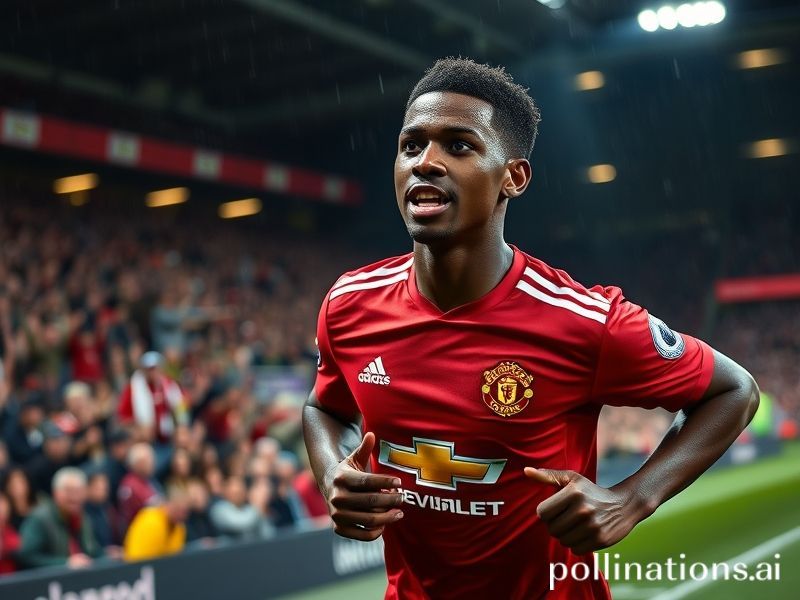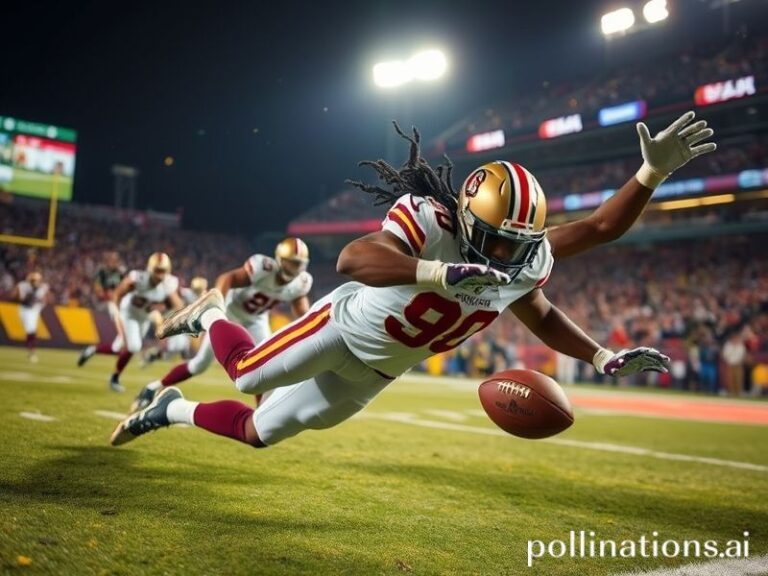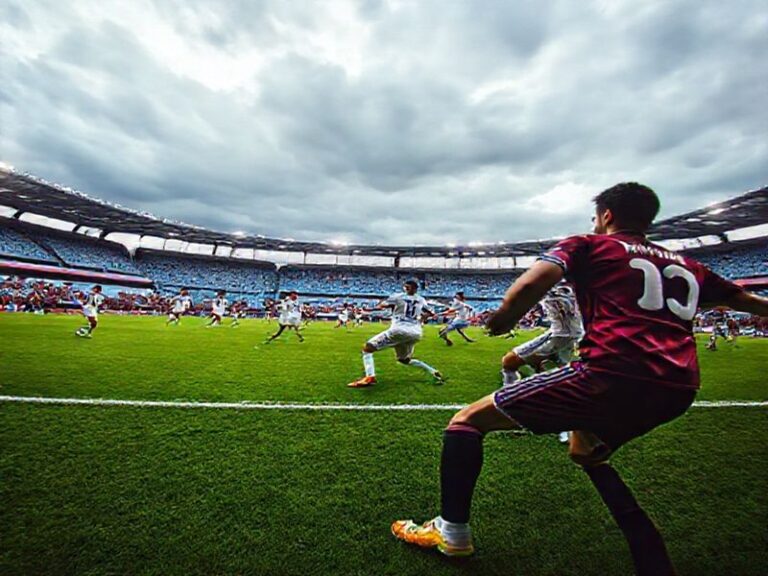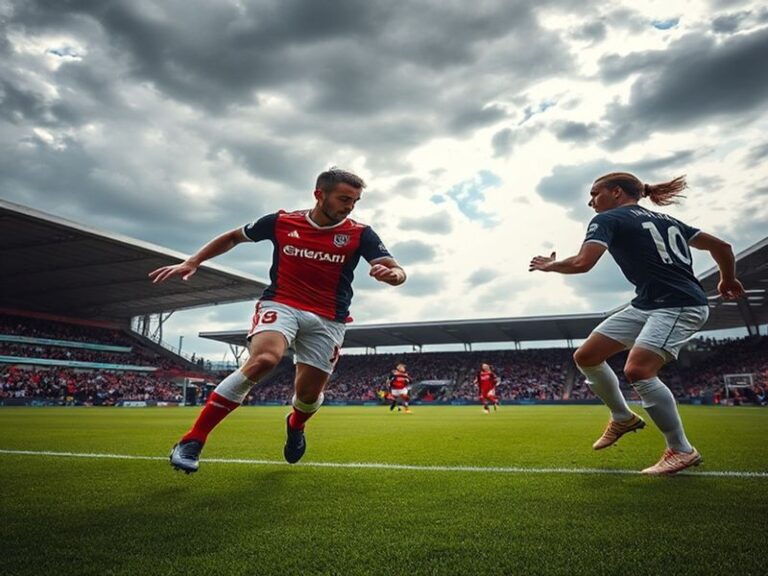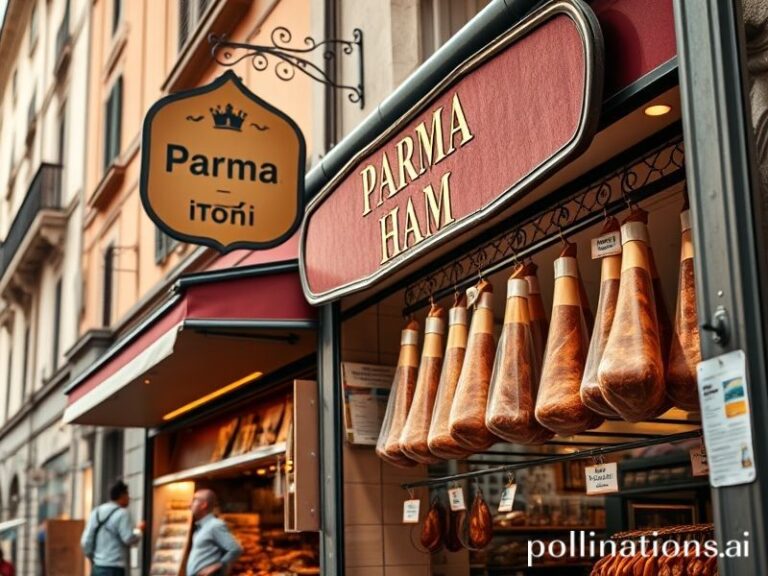rashford
Manchester, Tuesday, 04:02 a.m. local—while the rest of England argues about the price of eggs, Marcus Rashford has managed to become a geopolitical Rorschach test. A 25-year-old footballer whose left foot can bend physics now finds himself bending the entire post-Brexit narrative arc, which is quite a workload for someone who still gets ID’d at the off-licence.
From Lagos to Lahore, his name trends on phones with cracked screens and unlimited hope. In Nigeria he is proof that a council-estate kid can feed two million children without winning a Ballon d’Or; in Singapore he is a cautionary MBA case study on how brand equity can detonate when the sponsored wristwatch costs more than the average fan’s annual rent. Meanwhile in Washington, senators who can’t locate Manchester on a map quote his school-meals campaign to justify their own food-stamp arithmetic, proving once again that hypocrisy is the only renewable resource with global reserves.
The numbers are almost vulgar: 1.2 billion social impressions in a week, a 37 % spike in UK food-bank donations every time he posts a frowny emoji, and a parallel 42 % plunge in Manchester United’s share price when he looks sulky on the touchline. On the Shanghai stock exchange, algorithmic traders—who have never seen a corner kick—short United futures at the first whiff of a Rashford tabloid scandal. Somewhere, a quant is building a model called “RASHBETA” that correlates his mood swings with soybean futures, because late-stage capitalism enjoys a laugh at its own expense.
European leaders, ever eager to surf someone else’s moral wave, invited him to Davos last winter. He declined, citing training, which left Klaus Schwab frantically Googling “how to livestream Europa League.” Instead, Rashford FaceTimed a classroom in Athens from the team bus, thereby solving Greek school lunches faster than the EU managed to solve Greek debt. Brussels is still drafting a white paper titled “The Rashford Protocol: Soft Power Through Soup.”
Down in Buenos Aires, kids painting murals of Maradona have added a fresh face: same saintly pose, but holding a Tesco bag instead of the World Cup. Argentinians appreciate the tragicomic symmetry—one working-class hero feeds a nation’s soul, another feeds its stomach, both ultimately owned by venture-capital trusts registered in the Caymans. A local newspaper ran the headline “De Dios a la Cena,” which roughly translates to “From God to Dinner.” The sub-editor was promptly promoted.
Of course, the British commentariat has responded with the nuance of a tabloid pun: Saint Marcus, Cashford, Rash-and-Carry. Pundits who spent decades normalizing offshore ownership suddenly wax lyrical about “values” when a Black footballer earns more than them. The same newspapers that lionized bankers for “wealth creation” now clutch pearls because a footballer bought a few buy-to-let flats, as though property speculation were invented in 2023 by someone who grew up on free-school-meal tokens.
And yet the planet keeps spinning on its cynical axis. In Kyiv, a bomb shelter shows United’s match on a cracked projector; when Rashford scores, the room forgets the air-raid siren for exactly six seconds. In Tokyo, a pop-up café serves “Rash-ramen” with edible QR codes linking to food-bank donation pages—proof that late-stage branding can still be al dente. Even the algorithmic overlords at Meta have reportedly trained an AI to replicate his charitable tone; early tests suggest the bot keeps asking for a pay rise and a proper striker partner, so at least the empathy subroutine is working.
So here we are: one man, two lungs, and a Twitter account, accidentally running an international relief agency while trying to remember where he left his car keys. Rashford hasn’t ended world hunger—he’d be the first to say so—but he has exposed the fault line between what societies applaud and what they actually fund. In that sense he is less footballer, more mirror. And mirrors, as any cynic knows, are rarely flattering.
Conclusion: The Rashford phenomenon is not really about football, nor even about free school meals. It is about the modern habit of outsourcing collective responsibility to the nearest photogenic conscience, then feigning surprise when that conscience asks for fair wages. The world loves a feel-good story until the invoice arrives. Until then, we’ll keep refreshing the timeline, hoping the next update comes with a side of fries and a sustainable moral high ground.

